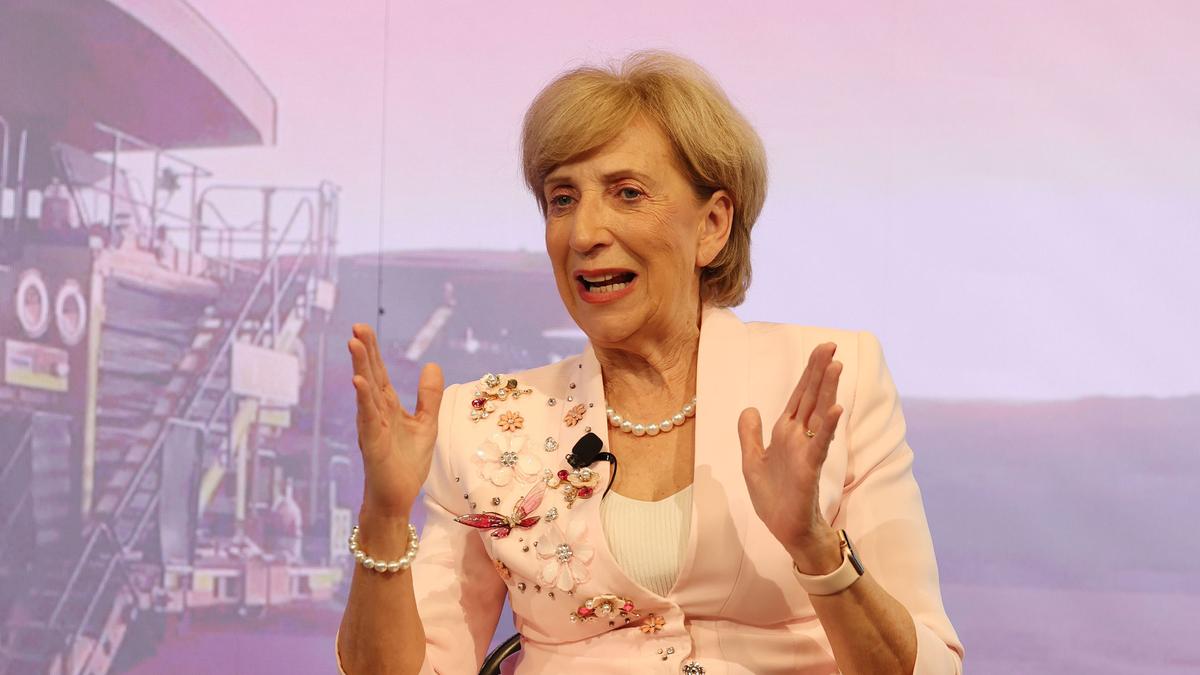
Queensland Parliament experienced a tense exchange on the evening of October 24, 2023, as discussions centered on the state’s commitment to achieving net zero emissions by 2050. Opposition Leader Steven Miles introduced a motion aimed at garnering bipartisan support for this environmental goal, urging members to unite in favor of reducing carbon emissions.
The motion read simply, “That this House expresses its support for net zero emissions by 2050.” In his address to Parliament, Miles emphasized the importance of Queensland’s natural environment, highlighting its renowned features such as beaches, rainforests, and the iconic Great Barrier Reef. He stated, “It is these natural wonders that we have a duty to protect and maintain.”
Miles criticized the federal Liberal National Party (LNP) for its internal conflicts, suggesting that party members were “tearing their party apart to oppose the net zero target.” His remarks reflect the ongoing national debate surrounding climate policy and the growing pressure on political parties to align with scientific recommendations regarding climate change.
The motion marks a significant moment in Queensland’s legislative history, as the state grapples with its environmental responsibilities amidst rising global temperatures. With the effects of climate change becoming more pronounced, the call for action has gained urgency, prompting various stakeholders to weigh in on the issue.
During the session, representatives voiced a range of opinions on the proposed motion. Supporters of the net zero target argued that achieving this goal would not only benefit the environment but also create jobs and stimulate economic growth in the renewable energy sector. Critics, however, raised concerns regarding the potential impact on traditional industries and jobs reliant on fossil fuels.
As the debate unfolded, it became clear that achieving a consensus on climate policy in Queensland would require navigating complex political dynamics. Miles called for a united front, urging all parties to set aside differences in the pursuit of a sustainable future for the state.
The outcome of this motion will likely have implications not only for Queensland but also for Australia’s broader climate strategy. As other states look to Queensland for leadership in environmental policy, the decisions made in Parliament may influence national discussions on emissions targets and climate action.
The dialogue surrounding net zero emissions is expected to continue, with upcoming sessions in Parliament providing further opportunities for debate and discussion. As Queensland moves forward, the commitment to protecting its unique environment remains at the forefront of legislative priorities.







